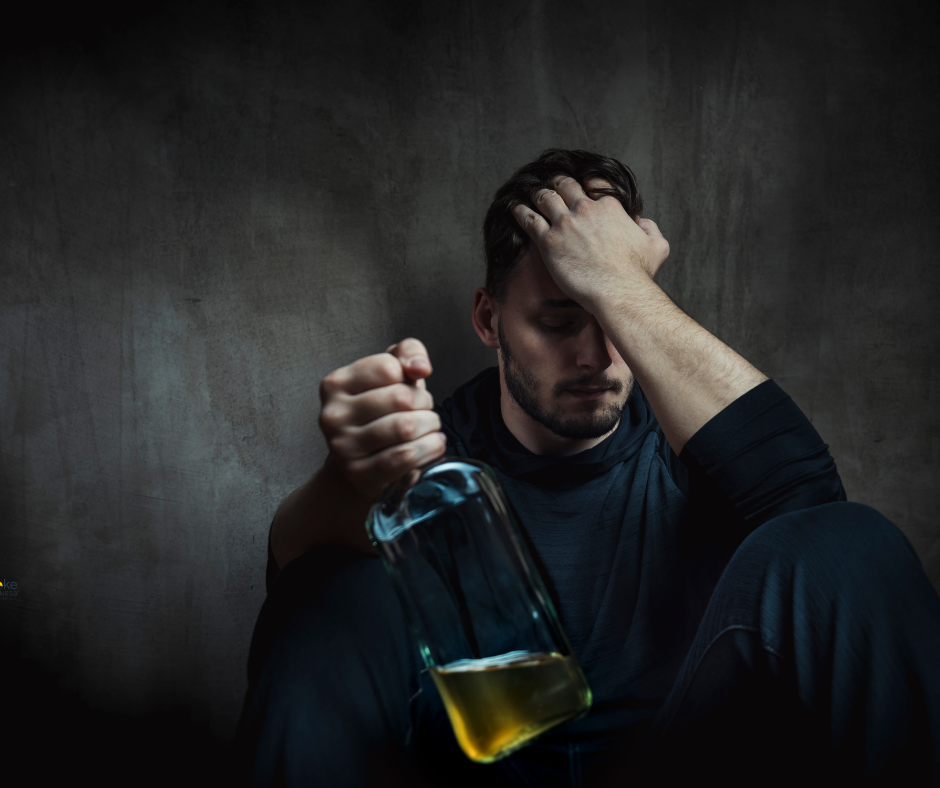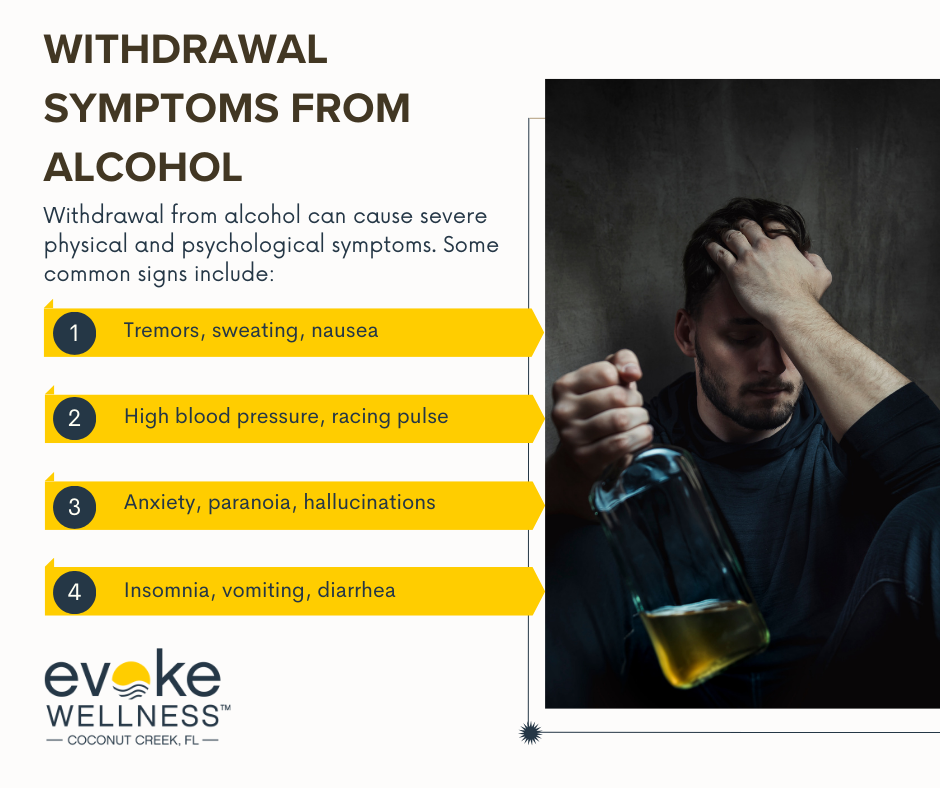You finally made the decision to quit drinking. This is an incredibly important step, but it can also feel overwhelming. Nearly 15 million adults struggle with alcohol use disorder. The path to sobriety is challenging, but with the right support, it is possible. In this guide, you’ll learn about the different treatment options to help you succeed, like:
- Alcohol addiction treatment
- Residential treatment programs
- Intensive outpatient treatment
- Aftercare programs
- Alumni programs
- Individual therapy
- Group therapy
With commitment and compassion for yourself, you have the power to create positive change. There are many resources available, and you don’t have to walk this road alone.
Recognizing You Have a Drinking Problem
Increased Tolerance
One of the first signs that you may have a drinking problem is developing a higher tolerance to alcohol. This means needing to consume more and more to achieve the desired effects. As your body becomes accustomed to alcohol, you’ll require higher doses to feel intoxicated or experience the same “buzz”.
Withdrawal Symptoms
Another key indicator is experiencing withdrawal symptoms when you stop drinking for a period of time. These can include nausea, headaches, irritability, shakiness and difficulty sleeping. Feeling an intense craving or urge to drink again is also a withdrawal symptom of alcohol dependence.
Inability to Cut Down
If you find yourself unable to cut down or control your drinking despite repeated attempts, this is a clear sign of alcoholism. Continuing to drink excessively despite negative impacts on your work, relationships or health indicates a serious drinking problem requiring professional help.
Prioritizing Drinking
When alcohol becomes the main priority in your life, taking precedence over other interests, responsibilities and relationships, it signifies an addiction. Neglecting obligations, giving up hobbies you once enjoyed and isolating yourself from loved ones in order to drink are behaviors linked to problematic drinking patterns.
Are You Ready to Change?
Making the Decision
Deciding to quit drinking is a major life change that requires commitment and determination. Take an honest look at your relationship with alcohol – are you ready to break the cycle of addiction? Quitting won’t be easy, but the rewards of sobriety make it worthwhile.
Understanding Your Motivations
What’s driving your desire to stop drinking? Whether it’s health concerns, relationship issues, or legal troubles, identifying your core motivations can provide the inner strength needed to overcome obstacles. Visualize how your life could improve without alcohol dragging you down.
Preparing for the Journey
Surround yourself with a strong support system of loved ones, counselors, and peer groups who can encourage you through the tough times ahead. Research alcohol treatment options like inpatient rehab centers or outpatient programs. Develop coping strategies for cravings and triggers. With preparation and resolve, you can regain control.
How to Quit Drinking
Seek Professional Help
Overcoming alcohol addiction requires a comprehensive treatment program. Evoke Wellness offers residential and outpatient rehab to address your unique needs and support long-term sobriety. Their approach combines medical detox, therapy, counseling, and aftercare services.
Undergo Detoxification
As withdrawal symptoms like nausea, tremors, and anxiety peak around 48-72 hours after your last drink, professional detox can relieve these effects safely under medical supervision. This critical first step helps cleanse your body of alcohol’s toxins.
Engage in Therapy
- Cognitive-behavioral therapy (CBT) identifies negative thought patterns fueling addiction and develops healthier coping skills.
- Dialectical behavior therapy (DBT) promotes mindfulness and emotional regulation.
- Family counseling rebuilds trust and creates a supportive environment.
Continue Aftercare
Completing residential rehab is just the first step. Ongoing support like alumni programs and group meetings reinforces your commitment to an alcohol-free lifestyle and prevents relapse by providing community and accountability.
What Happens When You Stop Drinking Alcohol?
Withdrawal Symptoms
When quitting alcohol after long-term abuse or dependence, withdrawal symptoms often occur as the body adjusts to not having alcohol. These can start within 6-12 hours after the last drink and peak around 2-3 days later. Common symptoms include:
- Anxiety
- Insomnia
- Tremors
- Nausea/Vomiting
- Sweating
- Rapid heartbeat
More severe cases may involve hallucinations, seizures or high fever. Withdrawal can be life-threatening without proper medical care.
Detoxification Process
It’s crucial to detox safely under professional supervision rather than quit cold turkey. Medically-assisted detox at a rehab facility helps manage symptoms and prevents complications.
Medications may be prescribed to ease discomfort during withdrawal. Round-the-clock care ensures safety while the body eliminates alcohol’s effects.
Continued Recovery Support
After detox, comprehensive addiction treatment addresses the psychological aspects through evidence-based therapies like:
- Cognitive-behavioral therapy
- Individual/group counseling
- Relapse prevention strategies
- Holistic and experiential activities
Family programs provide education and counseling for loved ones too. Long-term aftercare helps maintain sobriety through alumni support.
How to Get Help Quitting Drinking
Residential Treatment Program
For those struggling with severe alcohol addiction, a residential treatment program at a dedicated rehab facility is often the most effective solution. This allows for 24/7 medical supervision and a safe, alcohol-free environment to focus solely on recovery.
- Individual and group therapy sessions
- Medication-assisted treatment if needed
- Holistic therapies like CBT, DBT, mindfulness
Outpatient Programs
For milder cases or after completing residential care, intensive outpatient programs allow you to live at home while attending regular therapy sessions. This provides accountability and support as you transition back to daily life sober.
Ongoing Support
Recovery is an ongoing process, so it’s crucial to have an aftercare plan once formal treatment ends. Options like:
- Alumni support groups
- Individual counseling
- Sober living homes
…help maintain sobriety long-term while building a strong sober network.
FAQs About Quitting Drinking
Withdrawal Symptoms
Consulting an addiction specialist is crucial for safe detoxification and managing withdrawal. Medications like benzodiazepines may be prescribed to reduce symptoms.
Getting Professional Help
Seeking treatment at a rehab facility provides a structured environment for overcoming alcohol dependence. The process typically involves:
- Initial assessment and personalized treatment plan
- Medication to ease withdrawal and cravings
- Individual and group therapy sessions
- Evidence-based therapies like CBT, DBT, and MAT
Inpatient programs allow you to focus solely on recovery with 24/7 support and care.
Managing Anxiety During Recovery
Anxiety and addiction often co-occur, with symptoms of one disorder triggering the other. Comprehensive dual diagnosis treatment is key, addressing:
- Underlying causes of anxiety
- Relapse prevention strategies
- Coping mechanisms for anxiety
- Medication for anxiety, if needed
Overcoming both conditions simultaneously promotes long-term sobriety.
Diet and Quitting Drinking
Emerging research shows a ketogenic diet may ease alcohol withdrawal. This high-fat, low-carb diet:
- Increases ketone levels in the brain
- May counteract metabolic changes from quitting
- Reduces medication needs during detox
- Curbs alcohol cravings during recovery
Proper nutritional support from addiction treatment professionals is advisable.
Conclusion
You now have the knowledge and tools to take control of your life and health by quitting drinking. With the rising rates of alcohol abuse and alcoholism, it’s important to know you’re not alone and that support is available. Whether it’s through residential treatment, outpatient services, therapy, aftercare, or peer support groups, you can find the help you need to get sober and live a fulfilling, purpose-driven life. The path won’t always be easy, but each day you choose not to drink is a victory. Approach sobriety one day at a time, focus on self-care and personal growth, and believe in your ability to create positive change. You have so much to offer the world as your best, authentic self. The choice to quit drinking could be the most important decision you ever make. You can do this.
Begin Your Journey With Evoke Wellness at Coconut Creek
Evoke Wellness at Coconut Creek is a full-service addiction treatment facility serving Florida residents. We base each of our programs on the individual’s severity of symptoms and use a combination of evidence-based therapies and holistic approaches to address the needs and recovery goals of the patient.
If you or a loved one is struggling, help is available today. Call (833) 969-3318 to speak with our compassionate team, or reach out online and schedule an appointment to begin a healing journey.



